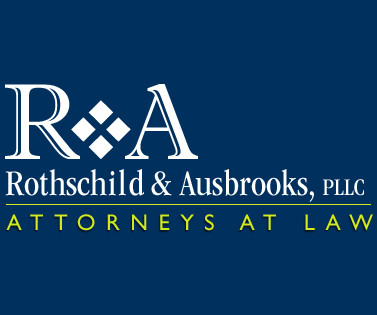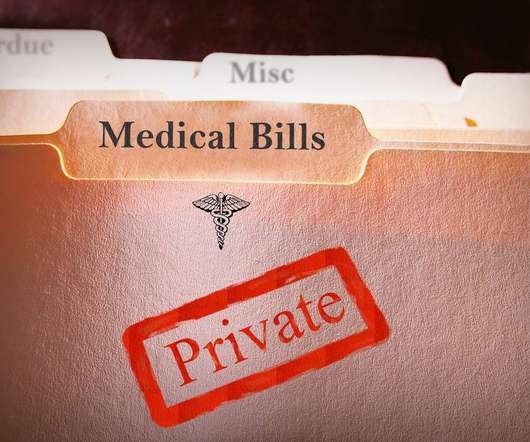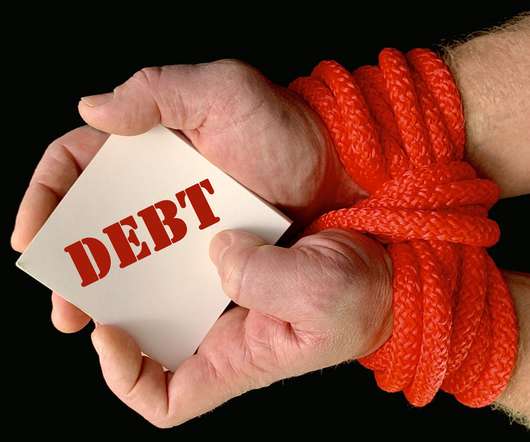Why sudden job losses put people at risk of bankruptcy
Roths Child Law
MARCH 15, 2023
They may have too much debt to manage Working up a new budget is an important move after losing one's primary stream of income. They can temporarily delay foreclosure and repossession with an automatic stay and prevent creditor lawsuits from leading to a judgment that might result in wage garnishment later.

















Let's personalize your content